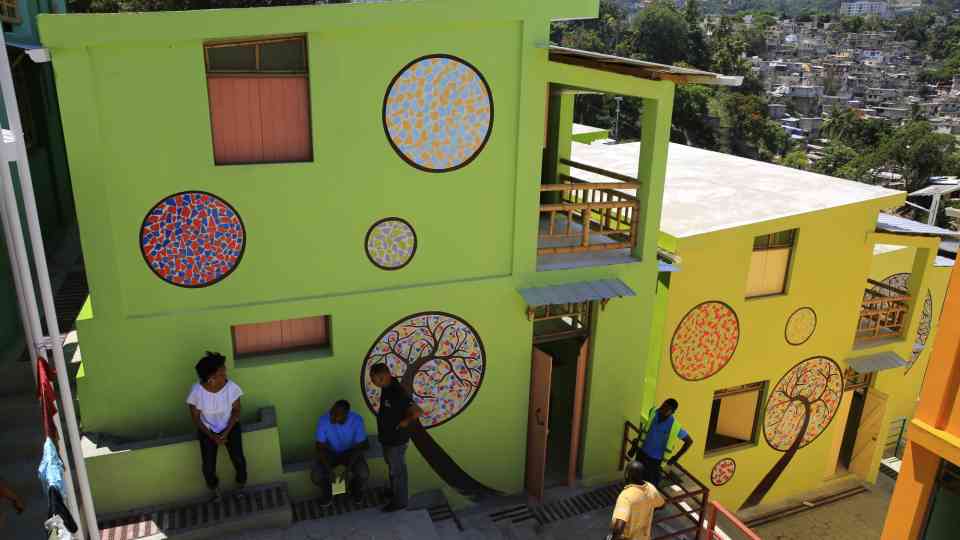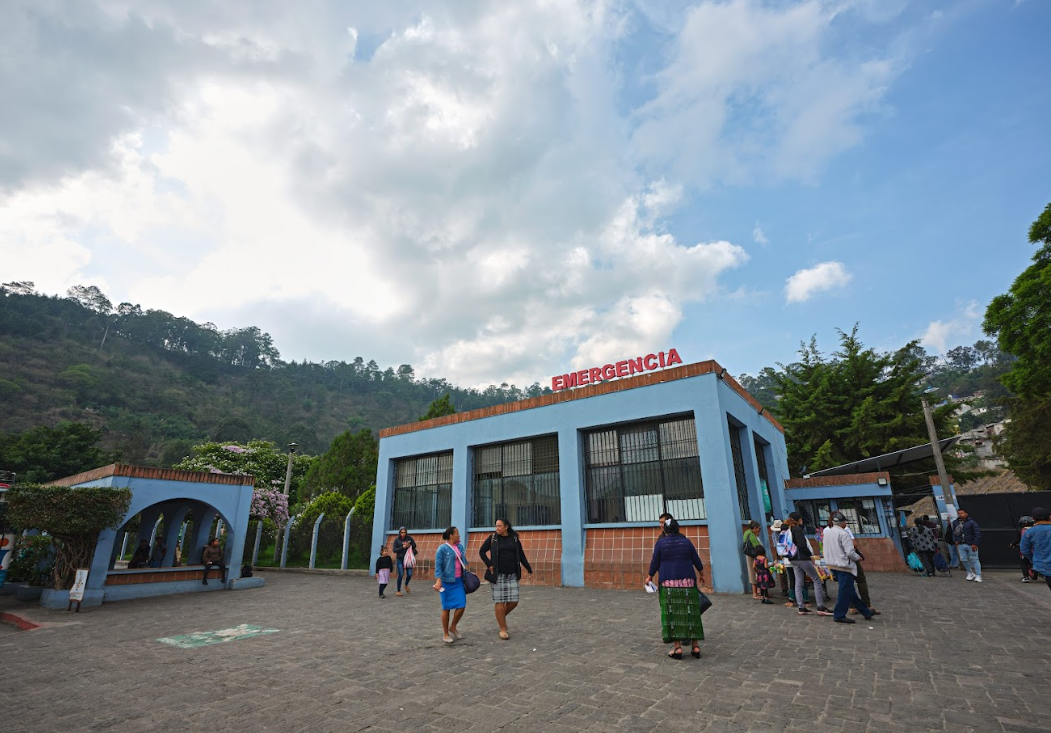The United Nations Office for Project Services (UNOPS)
Powering hospitals in Haiti
A World Bank-funded project is helping to provide a clean, reliable source of energy to hospitals across the country.
Haiti is extremely vulnerable to natural disasters and the severe impacts of climate change. Increasingly frequent hurricanes, floods, storms and earthquakes, combined with the COVID-19 pandemic, have caused widespread damage, strained essential services and weakened the country’s healthcare system.
Less than half of Haiti’s population has access to electricity. Areas with access to the centralized electricity grid face regular power outages. The high cost of fuel limits the use of generators – making it difficult to power health and water facilities.
Funded by the World Bank, UNOPS is working in partnership with the government of Haiti to equip five hospitals with hybrid solar power systems – providing the facilities with a clean, reliable source of energy. On average, the hospitals will be able to run for up to 20 hours on electricity generated entirely by these systems.
The solar power systems play a critical role in the operation of these hospitals – over-reliance on diesel to generate electricity is being significantly reduced and essential activities such as emergency care, surgery and maternity services are able to continue uninterrupted.
UNOPS worked closely with Haiti’s Ministry of Health and Population and the Ministry of Public Works, Transport and Telecommunications to identify priority hospitals for the installation of the hybrid systems, focusing on vulnerable communities in critical need of healthcare services. The five selected hospitals together provide healthcare services for more than 500,000 people in the country.
“The lack of reliable power supply has serious consequences on the ability of health facilities to provide effective care to the population. Electricity is needed for the storage of vaccines and medicines, medical lighting, laboratory tests, X-rays, as well as ventilators essential for the treatment of respiratory illnesses, such as COVID-19,” said Nicolas Allien, Coordinator of the Ministry of Public Works, Transport and Communications.
In addition to the hospitals, four solar-powered water pumps are being installed to provide safe drinking water and strengthen sanitation for rural communities. To support local businesses, the solar systems and water pumps have been procured entirely from suppliers in Haiti. These suppliers will also conduct regular maintenance of the equipment.
“[These installations] constituted appropriate responses to face the challenges imposed by different epidemics – such as COVID-19 and Cholera – as well as improving patient care in general,” said Laurent Msellati, World Bank Country Manager in Haiti.

















